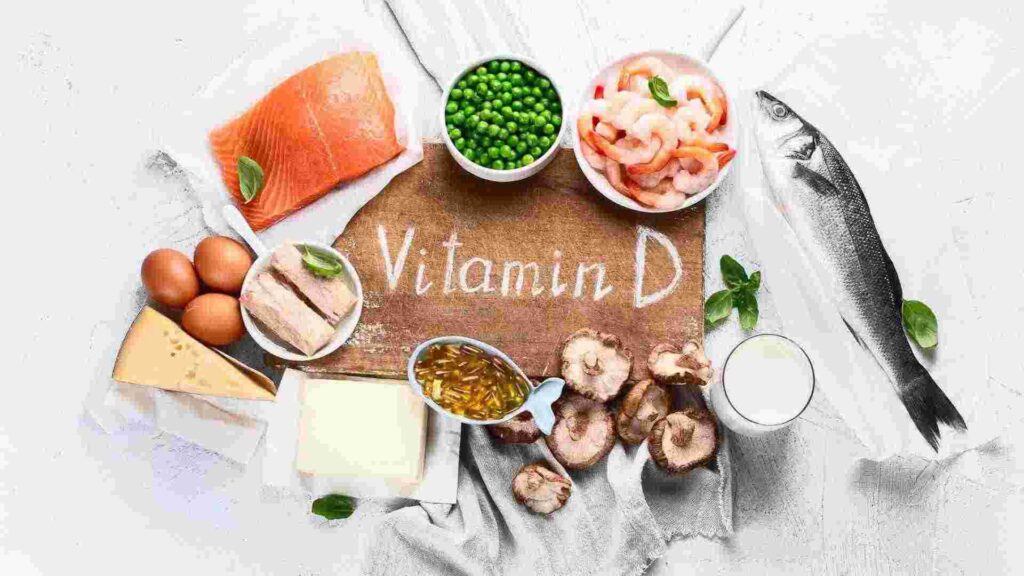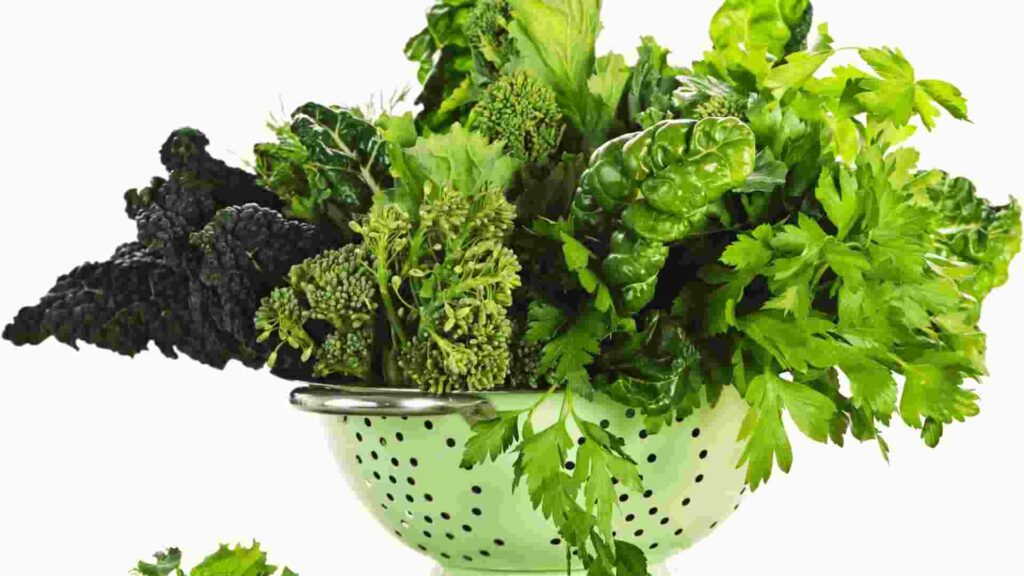Discover comprehensive information for all aspects of sexual health and find resources and guidance to empower your sexual well-being.
Painful erections never indicate normalcy, and sometimes signal a medical emergency. Severe pain may necessitate…
Discover comprehensive information for all aspects of sexual health and find resources and guidance to empower your sexual well-being.
Painful erections never indicate normalcy, and sometimes signal a medical emergency. Severe pain may necessitate…
The underlying cause as well as the severity of pain determine the varied treatment approaches…
Erectile dysfunction (ED) is a common condition that affects men of all ages, impacting their…
Erectile dysfunction (ED) means having trouble getting or keeping an erection that’s good enough for…
The pelvic floor muscles are the unsung heroes of our body’s core, providing support to…
Erectile dysfunction (ED) is a condition that many men face at some point in their…
Commitment issues can often manifest in romantic relationships, work, and other personal or professional spheres.…
The body mainly produces testosterone, a steroid sex hormone, in the testicles and ovaries, with small amounts also produced by the adrenal glands. Testosterone levels will fall naturally with age, but some medical conditions, lifestyle choices, and other factors can influence the amount of this hormone in the body. But, there are ways to increase testosterone naturally.
Table of Contents
Toggle
During puberty in individuals assigned male at birth, testosterone drives physical changes such as muscle development, voice changes, and hair growth.
Individuals assigned female at birth produce testosterone but in lower quantities, with higher levels of estrogen.
Optimal levels of testosterone are crucial throughout adulthood, particularly for general health and sexual function in adult males. Increasing testosterone to optimal levels may also enhance muscle mass and strength. Notably, testosterone also plays a significant role in female health and sexual well-being.

Here are several evidence-based ways to increase your testosterone levels naturally.
Exercise and lifting weights are among the most effective methods for preventing many lifestyle-related diseases and can also elevate testosterone levels.
But, the impact on testosterone levels varies depending on factors such as the nature of the exercise and the intensity of training.
Research has demonstrated that resistance training, including weightlifting, can temporarily increase testosterone levels.
High-intensity interval training (HIIT) is also highly effective, although various forms of exercise are generally beneficial to some degree.
What you consume can influence testosterone levels along with other hormones.
Adequate protein intake supports healthy testosterone levels and facilitates fat loss, which can be advantageous. Moreover, consistent dieting or overeating might interfere with testosterone levels.
Incorporating healthy fats into your diet may also promote testosterone levels and hormone equilibrium.

Abrupt spikes in cortisol (a stress hormone) can swiftly diminish testosterone. Typically, these hormones operate reciprocally: when one rises, the other declines.
Elevated stress and cortisol levels can also lead to increased food consumption, weight gain, and the accumulation of visceral fat around vital organs. These alterations can adversely impact testosterone levels.
To optimize both health and hormone balance, it’s advisable to manage stress levels effectively. Engaging in regular physical activity, ensuring sufficient nightly sleep, and employing stress-relieving techniques may prove beneficial.

Some studies suggest a correlation between low vitamin D levels and decreased testosterone levels.
Moreover, a 2017 study involving 102 men with vitamin D deficiency indicated that supplementation led to increased testosterone levels and improved erectile dysfunction. However, further research is necessary, as conflicting results exist in other studies.
To maintain adequate vitamin D levels, aim for regular sunlight exposure or consider supplementation with vitamin D3 under the guidance of a healthcare professional.

Getting good sleep is as crucial for your health. Sleep quality can significantly impact testosterone levels. A study involving 2,295 teenage boys and men revealed that impaired sleep could be associated with reduced testosterone levels.
The optimal amount of sleep varies from individual to individual. However, a small-scale study conducted in 2011 discovered that sleeping only 5 hours per night was linked to a 10% to 15% decrease in testosterone levels.
Interestingly, another study involving older men found that increasing sleep duration up to 9.9 hours was correlated with higher testosterone levels. Conversely, sleeping more than 9.9 hours was associated with lower testosterone levels.
While some individuals may function adequately with less sleep, most research suggests aiming for a minimum of 7 hours of sleep per night.
Excessive alcohol consumption, according to some studies, may lower testosterone levels
Testosterone levels can decrease as rapidly as 30 minutes after alcohol consumption. Prolonged heavy alcohol use can result in diminished testicular function and testicular atrophy.

Salmon and sardines are rich in nutrients crucial for hormonal health, including vitamin D, zinc, and omega-3 fatty acids.
A 2021 review of six studies discovered that low-fat dietary patterns were associated with decreased testosterone levels compared to higher-fat dietary patterns.
However, more high-quality studies are needed to comprehensively understand this relationship. Regardless, incorporating sources of healthy fats like fatty fish into your diet can likely benefit overall health, including hormonal balance.

Vegetables like spinach, kale, and collard greens are rich in magnesium, a mineral critical for maintaining optimal testosterone levels, particularly in older men.
Magnesium is believed to enhance testosterone bioactivity by reducing oxidative stress, an imbalance between antioxidant defenses and free radicals in the body. Oxidative stress and inflammation can lower testosterone levels, so consuming nutrients that address oxidative stress may help maintain healthy testosterone levels.

Cocoa powder and cacao nibs are high in magnesium and flavonoid antioxidants, both of which are important for testosterone. Flavonoids, plant compounds with potent antioxidant and anti-inflammatory effects, may help increase testosterone production.
When selecting cocoa products, opt for those with no or minimal added sugar to reap their health benefits.

Avocados are a source of healthy fats, essential for hormonal health, and contain magnesium and boron, a mineral that may benefit testosterone levels.
While some studies indicate that high levels of boron supplementation could boost testosterone in certain individuals, results are mixed, and further research is warranted.
Though boron supplements are not currently recommended for increasing testosterone, including dietary sources like avocados may help maintain healthy testosterone levels.

Egg yolks provide healthy fats, protein, and selenium, an antioxidant mineral.
Selenium may enhance testosterone production by activating specific pathways and gene expression, as demonstrated in test-tube and animal studies.
However, further research, especially in humans, is necessary to draw definitive conclusions about selenium’s impact on testosterone.
Eggs are a nutritious addition to the diet, unless one has an egg allergy, with whole eggs being more nutrient-dense than plain egg whites due to their micronutrient content.

These fruits are rich in flavonoid antioxidants, which may protect testosterone-producing cells and promote testosterone production.
Limited evidence suggests that supplementing with pomegranate juice may increase salivary testosterone levels in male athletes.
However, additional studies are needed to ascertain the effects of pomegranates or their juice on testosterone.
Oysters and clams are rich in zinc, selenium, and omega-3 fatty acids, all beneficial for maintaining optimal testosterone levels.
Zinc deficiency can lead to hypogonadism, a condition impacting reproductive health. While high-dose zinc supplements appear effective for treating hypogonadism in some men, they are not universally recommended for this purpose.

A cornerstone of the Mediterranean diet, olive oil offers numerous health benefits, potentially reducing the risk of heart disease and cancer.
Rich in monounsaturated fat and vitamin E, an antioxidant, extra-virgin olive oil, akin to fatty fish and fish oils, can enhance overall fat intake, thereby supporting testosterone production.
Findings from a small-scale 2013 study suggest that the oil may elevate serum testosterone levels in healthy adults.
Onions boast several nutrients and antioxidants. A 2019 study discovered that onion and onion extract could bolster hormone production, enhance antioxidant activity, and potentially elevate overall testosterone levels.

Employed for medicinal and culinary purposes for centuries, ginger shows promise in augmenting testosterone production, as evidenced by test tube and animal studies.
However, it’s essential to note that these findings await confirmation through controlled human studies. Moreover, ginger supplementation may mitigate blood pressure and improve blood flow, both of which are risk factors for sexual dysfunction.
Diet and lifestyle significantly influence hormonal health, including testosterone levels.
Following a healthy lifestyle and increasing the consumption of foods rich in nutrients crucial for maintaining optimal testosterone levels, can potentially support hormonal balance.
However, if you suspect low testosterone levels or are experiencing symptoms associated with low testosterone, it’s crucial to seek guidance from a healthcare professional. They can provide proper testing and recommend appropriate treatment options tailored to your individual needs.
References
Dr. Nishtha, a medical doctor holding both an MBBS and an MD in Biochemistry, possesses a profound passion for nutrition and wellness. Her personal journey, marked by significant struggles with physical and mental health, has endowed her with a unique empathy and insight into the challenges countless individuals face. Driven by her own experiences, she leverages her background to offer practical, evidence-backed guidance, empowering others on their paths to achieving holistic well-being. Dr. Nishtha truly believes in the interconnectedness of the mind and body. She emphasizes the significance of understanding this connection as a crucial stride toward attaining balance and happiness in life.

